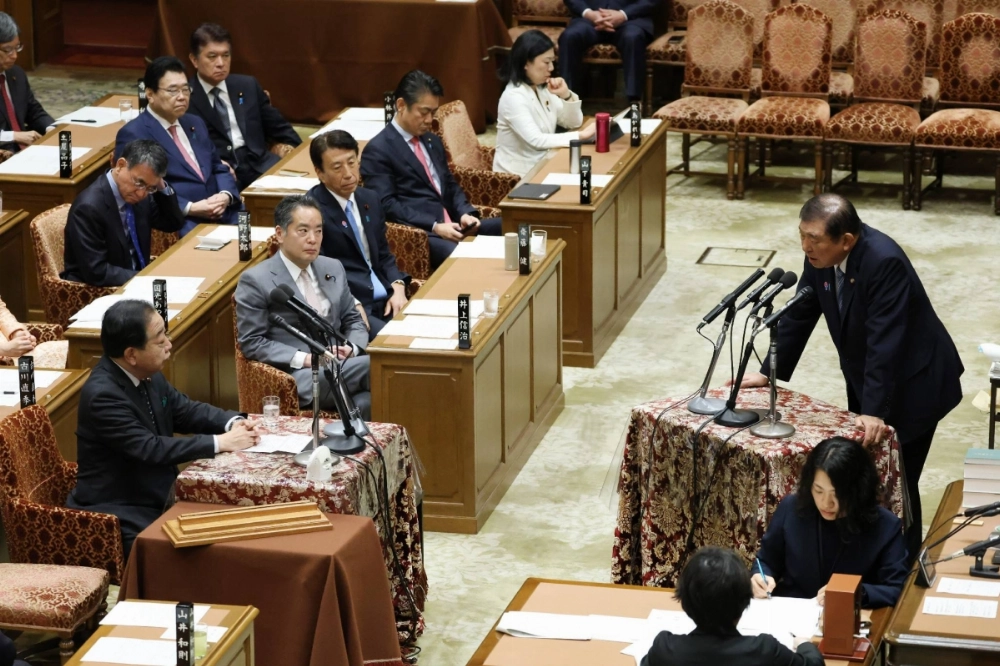The Legislative Bureau of the Lower House has been working in overdrive in recent months, with Prime Minister Shigeru Ishiba leading a minority government, which results in more work needed to arrange for the debate and amendment of bills submitted by his administration.
The ruling Liberal Democratic Party and its junior coalition partner, Komeito, lost their combined majority in last year's general election, resulting in an increase in negotiations with opposition parties on legislation, with the bureau playing a behind-the-scenes role.
With an Upper House election set for this summer, political parties are actively pushing their respective policies, stretching the resources of the bureau, which also advises lawmakers on legal issues.


















With your current subscription plan you can comment on stories. However, before writing your first comment, please create a display name in the Profile section of your subscriber account page.